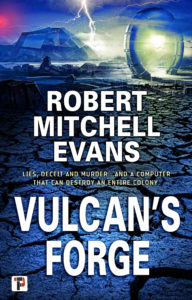.
After three previous attempts and a merger of studios to bring the film rights back to Marvel Studios, there is yet another shot at bringing the exploits of comics’ first family to the larger-than-life screen. The Fantastic Four is this time titled Fantastic Four: First Steps.
First published in 1961, The Fantastic Four is a quartet of heroes with very public identities and celebrity status in the comic book continuum. Though a popular franchise for over 60 years, the group has struggled to find a successful silver screen adaptation. The filmmakers with this reboot have elected to jettison more conventional approaches for a bold vision.
Fantastic Four: First Steps drops the audience into a parallel universe where the family of superheroes are already not only known but honored globally for their exploits and bravery. It is an alternate 1960s, and the production is drenched in retro-futurism—a future that people of the 60s envisioned but never came to pass, colorful and optimistic. The team’s ‘origin’ is quickly recounted as backstory for a television special. How scientist Reed Richards (Pedro Pascal), pilot Ben Grimm (Eben Moss-Bachrach), Sue Storm (Vanessa Kirby), and her brother Johnny (Joseph Quinn) ventured into space and returned changed, imbued with amazing powers. In addition to eschewing recreating their origin, the filmmakers also steered clear of the team’s most notorious opponent, Dr. Doom. Instead, they are confronted by the Silver Surfer (Julia Garner), Herald to the god-like being Galactus (Ralph Ineson), whose insatiable hunger drives him to consume planets teeming with life. Galactus is presented in the film as he was in the source material—a kaiju-sized humanoid in fantastic armor. The Silver Surfer has selected Earth as Galactus’ next victim, and the Fantastic Four attempt to negotiate with the god-like being. But when Galactus demands a price too high for the team to personally pay, Earth is set as his next target, and the world turns on its former heroes.
Fantastic Four: First Steps, in my opinion, is a mid-tier Marvel Cinematic Universe entry. Not as weak as some of the franchise films, but also nowhere near the excellence of its best. The script has four credited writers for both screenplay and story, and the final product is a bit muddled, showing what was likely a turbulent development and production. The cast is good, with Pascal and Kirby being outright terrific. Julia Garner plays enigmatic well and has one of the best ‘cheer’ moments in the feature. I think most of my issues—and why this film did not enthrall me completely—stem from the world-building of the alternate Earth failing to convince. It is not the retro-futurism that I found unconvincing (that I looked forward to), but some of the human aspects that were baked into the world that I found beyond my ability to accept. In Iron Man 2, it was stated that Stark ‘privatized world peace’—one moment of hyperbole that could be and should be ignored. Here, a similar concept is baked into this world’s canon.
Still, I did not regret venturing out to the theater for a fun, bright, and optimistic superhero film far from the dark and grounded miasma of cynicism.
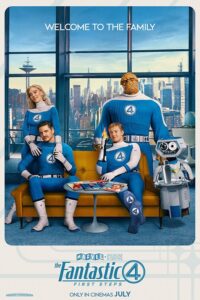

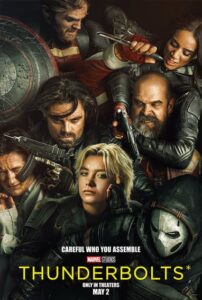
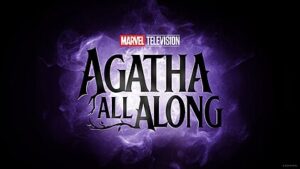
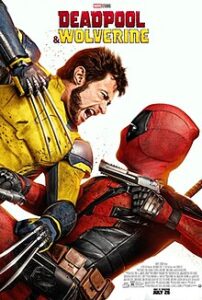
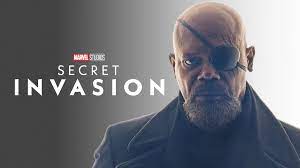 .
.